Smart seniors know how to prepare long before everyone else panics.

A market crash doesn’t give much notice. One minute everything looks stable, and the next, banks are freezing withdrawals, grocery store shelves are bare, and everyone’s suddenly an expert in bartering. Seniors who’ve lived through economic downturns before know the importance of having essentials on hand before panic sets in.
Being prepared isn’t about fear—it’s about peace of mind. It’s about knowing you can keep your independence, care for your health, and protect your loved ones, no matter what Wall Street decides to do next. These aren’t doomsday prepper ideas. They’re just smart moves for anyone who’s been around long enough to see how quickly things can unravel. If the market tanks again, you’ll be glad you thought ahead.
1. Shelf-stable food that won’t spoil before your patience does.

When the supply chain falters, food prices skyrocket and options vanish. Stocking shelf-stable food isn’t just smart—it’s essential. Think beans, rice, canned tuna, peanut butter, pasta, powdered milk, and a few of your favorite comfort snacks. You want items with long expiration dates and minimal prep needed. Don’t forget spices and sauces to avoid taste fatigue. It’s hard to stay calm during chaos when you’re sick of eating plain rice.
Variety and nutrition both matter. Aim for a mix of protein, carbs, and fats, and try rotating your stock every few months to keep it fresh. Keeping a well-rounded emergency pantry helps maintain energy and morale in a crisis, especially for older adults with dietary concerns, according to Stacey Leasca and Vanessa DiMaggio at Real Simple. These foods are insurance against empty shelves and long waits.
2. Medications and first aid because the pharmacy might close before the stock market does.
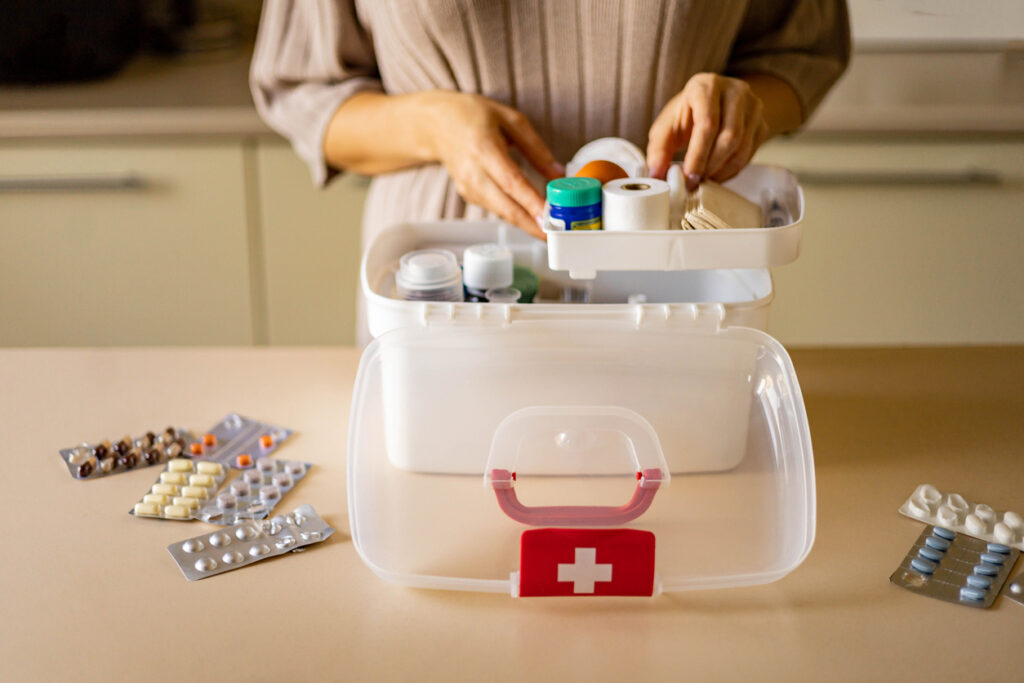
Your health doesn’t pause for a financial crash. If anything, stress and uncertainty can aggravate existing conditions. That’s why it’s crucial to have at least a 30- to 90-day supply of prescription meds. Some doctors will approve early refills if you explain your concerns. Also stock up on over-the-counter items: pain relievers, cold meds, vitamins, allergy pills, and anything you use regularly.
Basic first-aid supplies can make a world of difference too—bandages, antiseptic wipes, gauze, tweezers, and a digital thermometer. Even mild injuries become serious when clinics are overwhelmed. Disruptions in access to healthcare during emergencies can have outsized consequences for older adults, as reported by Kara Gavin at Michigan Medicine. You don’t want to be scrambling for a blood pressure pill while everyone else is clearing out the CVS shelves.
3. Clean water and filtration gear because you can’t drink your IRA.

When chaos hits, clean water is one of the first luxuries to disappear. Public systems can fail, especially if power outages or natural disasters pile onto financial instability. Keeping bottled water is a good short-term solution, but having a solid water filter is even better. Look for gravity-fed systems or personal straws that filter out bacteria, viruses, and heavy metals.
You should aim for at least one gallon of water per person per day for drinking and hygiene. Don’t forget water for pets, too. Maintaining access to clean water becomes critical for avoiding dehydration, infections, and other complications during emergencies, as stated by the authors at WHO. It’s not just survival—it’s staying healthy enough to manage whatever comes next.
4. Cash on hand because digital payments might not work when you need them most.
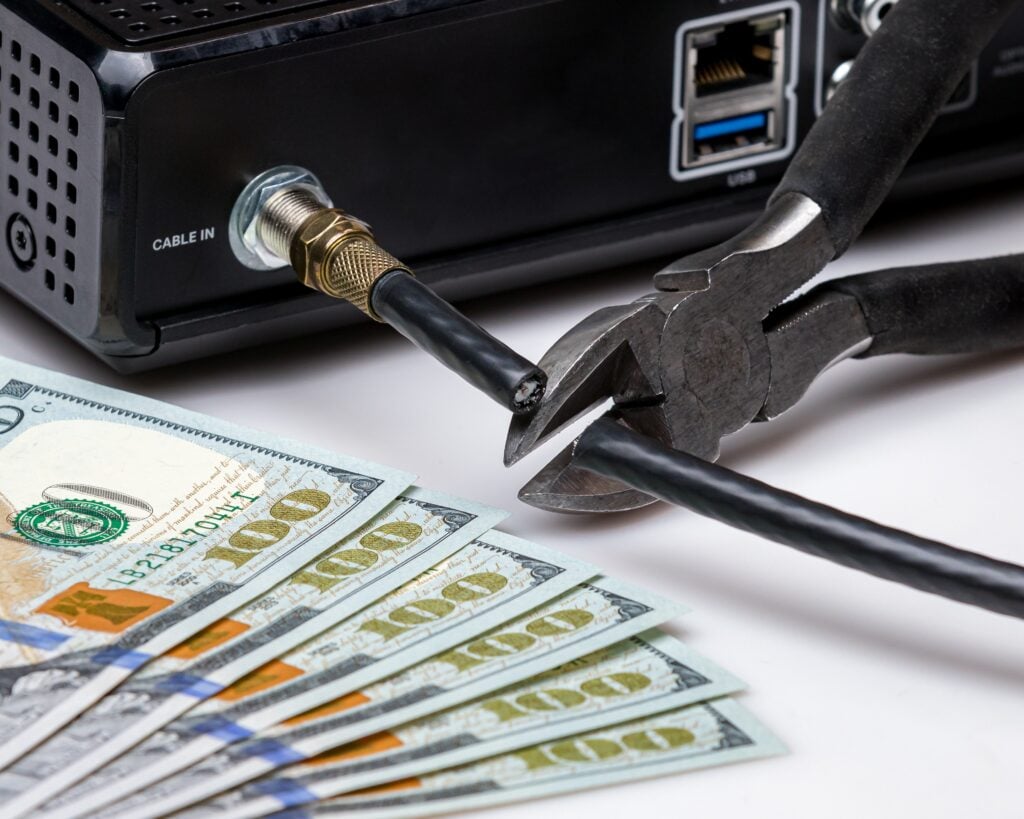
If the power goes out or the banks freeze transactions, your debit card won’t do you any good. Keeping a few hundred dollars in small bills hidden safely at home can be a lifesaver. You’ll want cash to buy food, gas, or other essentials when ATMs aren’t working and stores stop accepting cards.
This isn’t about hoarding thousands—it’s about having enough to handle everyday expenses when systems go down. Just make sure it’s in a secure, fireproof container. Spread it out in a few spots, just in case. Digital payment apps might be trendy, but in a real crisis, they won’t feed you or fill your gas tank.
5. Hygiene supplies to keep your dignity and comfort intact.
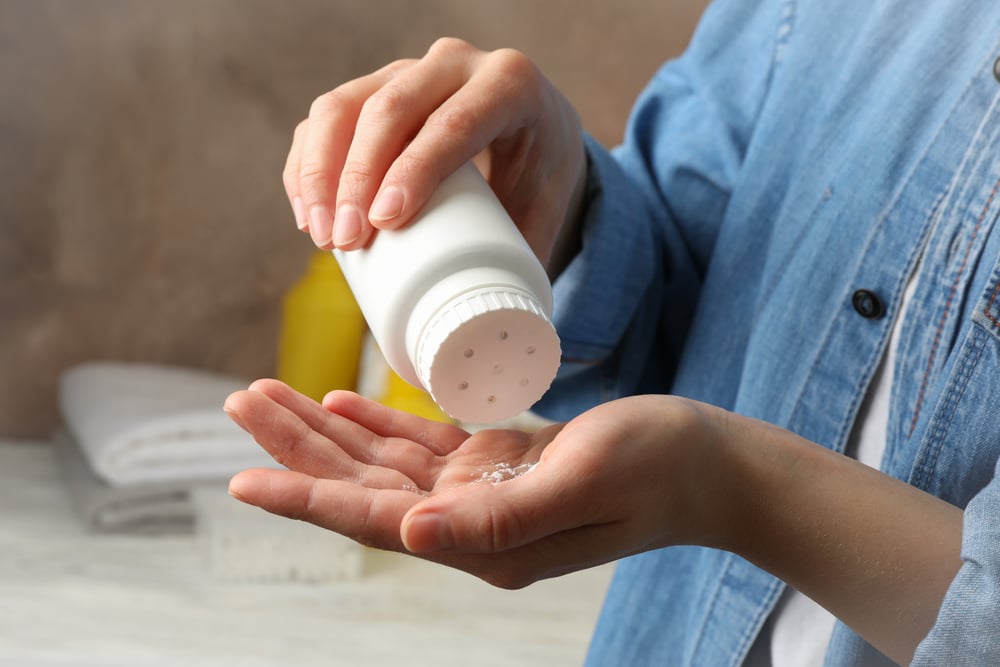
Stressful situations are hard enough without feeling gross. Toilet paper, soap, toothpaste, feminine hygiene items, deodorant, and wet wipes can make all the difference when basic goods become rare. Include hand sanitizer and disinfectants for good measure.
Stocking hygiene supplies isn’t just about comfort—it’s about preventing illness. Clean hands and bodies mean fewer chances of infection when doctors are busy and medicines are hard to come by. Seniors know that staying clean helps preserve a sense of normalcy when everything else feels off the rails.
6. Batteries and solar chargers so you’re not stuck in the dark scrolling a dead phone.
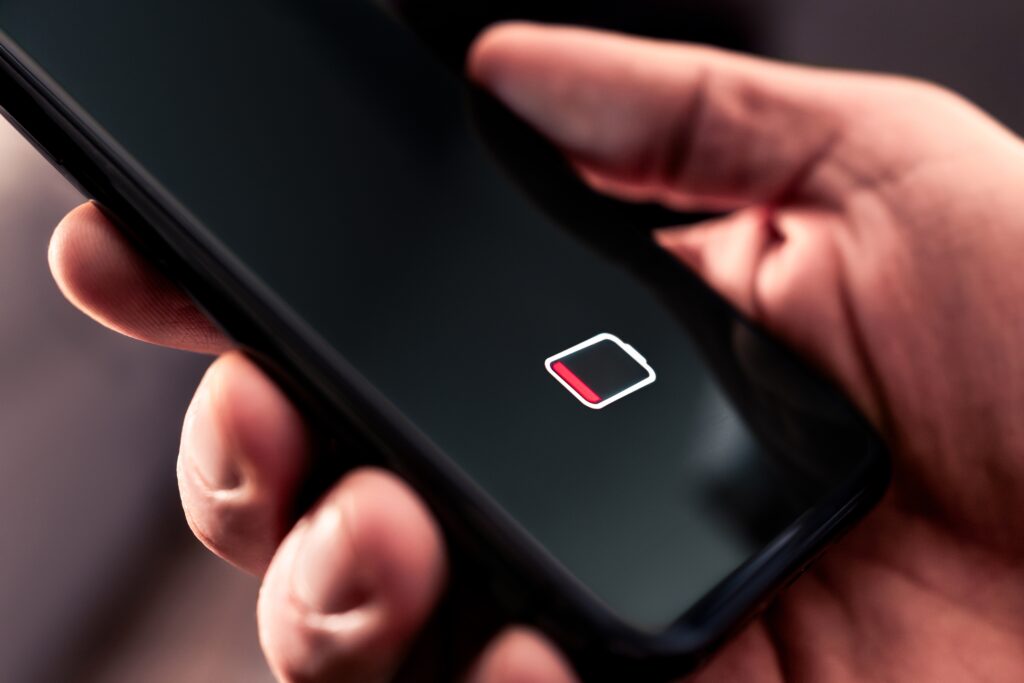
When outages hit, your flashlight, radio, or phone won’t help if they’re out of juice. Batteries—AA, AAA, and D—can power flashlights, radios, and small fans. But it’s smart to also have a solar charger or a hand-crank option for your phone and other small devices.
These tools keep you connected and informed. If you rely on electronic medical devices, battery backups are a must. Staying powered up can mean getting emergency updates, calling for help, or just staying sane with music or audiobooks. A little light and connection go a long way.
7. Warm clothing and blankets because your thermostat might take a break too.

Seniors are more vulnerable to cold, and heating systems may fail during economic turmoil—especially if utilities are disrupted. Having wool socks, thermal underwear, extra blankets, and layers of clothing ready can keep you comfortable and even save your life.
Think in terms of staying warm without electricity. Hand warmers, sleeping bags, and layered outfits help you stay mobile and cozy. Don’t forget hats and gloves. Cold weather isn’t just unpleasant—it can be dangerous if you’re unprepared. You’ve made it this far in life; no reason to start freezing now.
8. Copies of key documents in case your financial history gets wiped in a click.

Imagine needing to prove your identity, insurance, or medical condition while banks are offline. Keep physical copies of your Social Security card, passport, driver’s license, Medicare card, and insurance documents. Store them in a waterproof envelope or fireproof safe.
It’s not paranoia—it’s practicality. You might also jot down key contacts, account numbers, and medical instructions. Having this info in hand means less stress if systems crash. You don’t want your retirement stuck in a bureaucracy glitch during a meltdown.
9. A reliable flashlight or lantern so you’re not fumbling your way through the dark.
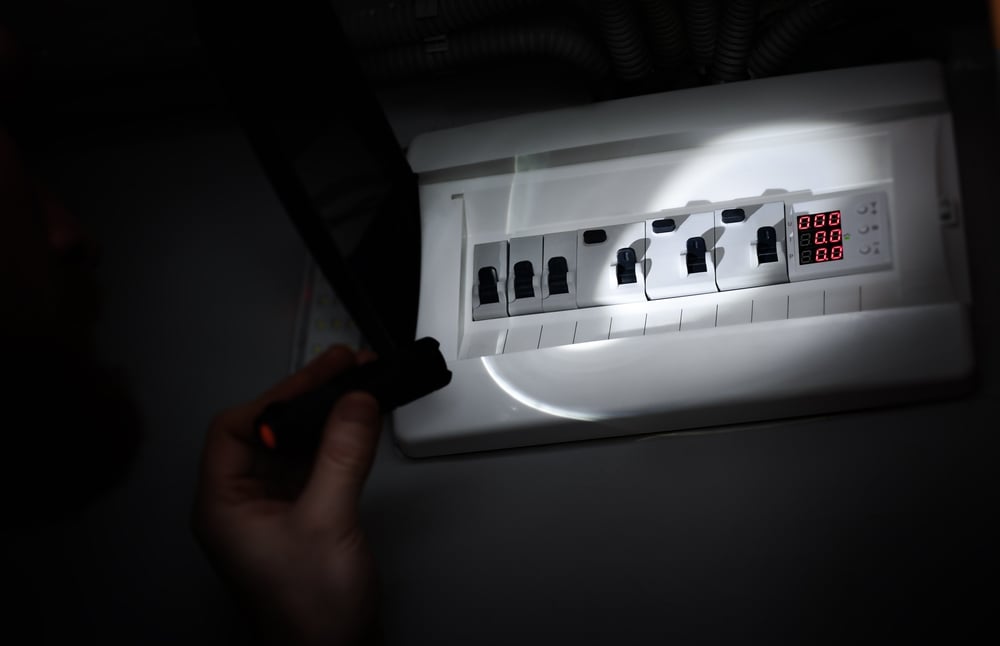
Power outages tend to follow crisis like shadows. A reliable flashlight or lantern keeps you safe when the lights go out. LED models are ideal—they last longer and use less energy. Rechargeable versions paired with a solar panel give you even more independence.
Light helps prevent falls, reduces panic, and gives you a sense of control. Keep one in every major room and another by your bed. If things go south, the last thing you want is to be feeling your way through a pitch-black hallway.
10. Pet food and supplies because your furry companion depends on you staying smart.

If you’ve got a pet, they’re part of your family—and they’re counting on you. Keep at least a two-week supply of food, water, and meds on hand. Litter, waste bags, and an extra leash or carrier should also be in your stash.
Pets provide emotional support in hard times, so make sure their needs are covered. An anxious dog or sick cat only adds to the chaos. Treat them like the companions they are—prepare for them like you’d prepare for anyone you love.
11. A low-tech entertainment stash to keep your mind calm and your spirits lifted.
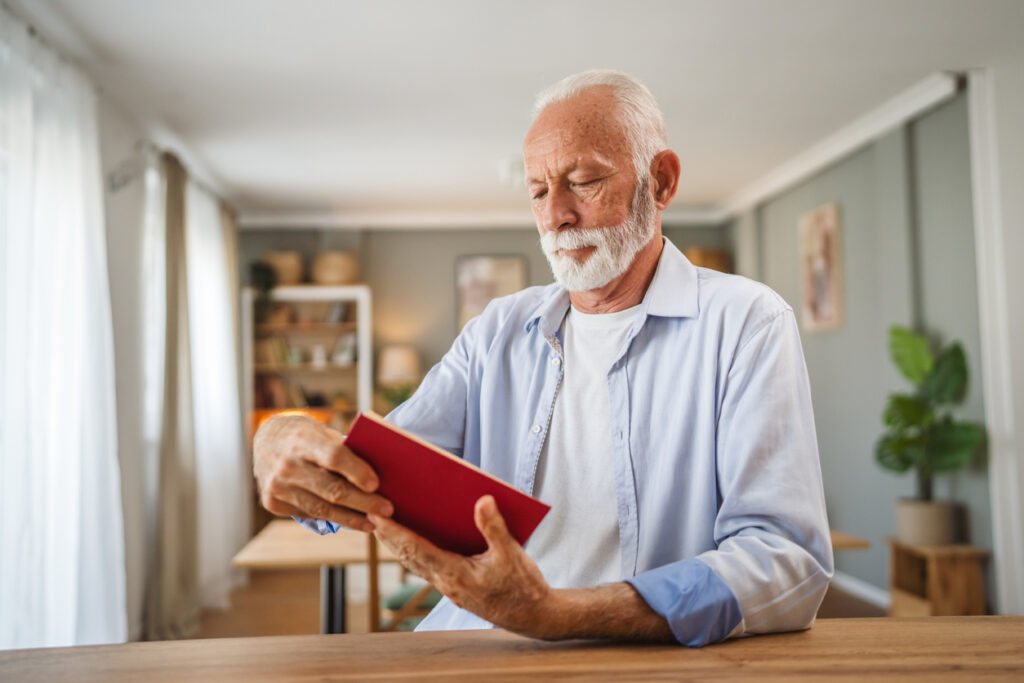
When Netflix stops streaming and the internet’s gone, you’ll be glad for some analog entertainment. Stock up on books, puzzles, playing cards, or a journal. These simple tools can keep your mind active and your anxiety at bay during long stretches without distraction.
It’s not frivolous. Mental health matters when everything else is out of your hands. Having something to do that doesn’t require electricity or a signal helps you stay grounded. Think of it as therapy in paperback form.
12. A basic toolkit to fix what breaks when help isn’t coming.
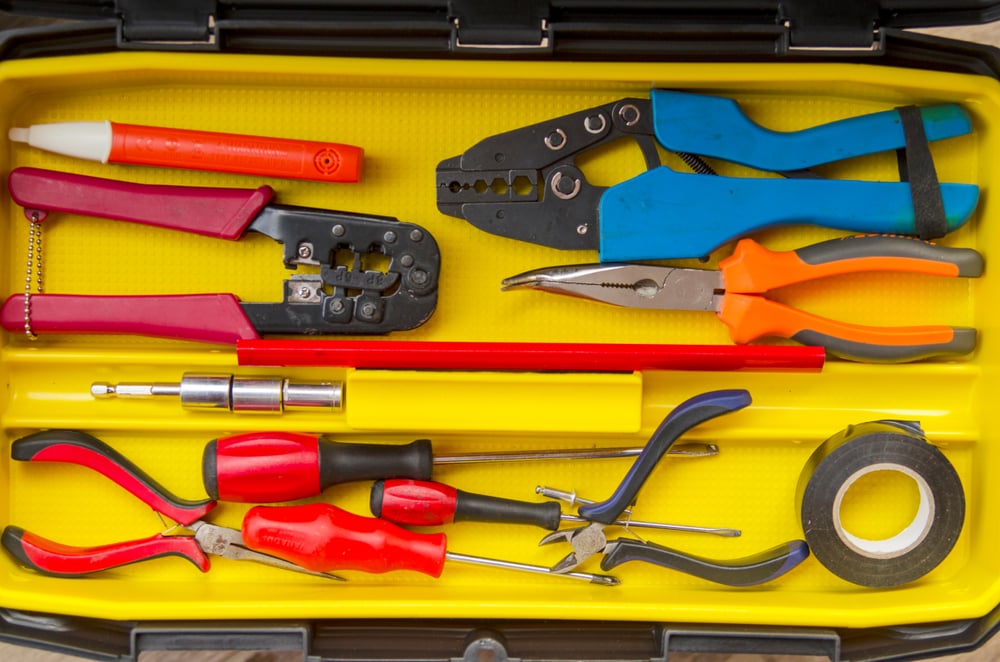
Being handy is a survival skill. A basic toolkit—screwdrivers, pliers, duct tape, a hammer, zip ties—lets you handle quick fixes when calling a pro isn’t an option. Even small repairs can make a huge difference in comfort and safety.
If a door sticks or a pipe leaks, you’ll want the tools to manage it yourself. You don’t need to be a contractor—just someone who can tighten a hinge or patch a hole. Crisis mode means fewer services, so be ready to be your own handyman.
13. A neighborhood plan so you’re not alone when things fall apart.

The best survival strategy? People. Seniors who’ve built relationships with neighbors are more likely to get help—or offer it—when things get rough. Know who lives nearby, exchange numbers, and create a casual emergency check-in plan.
You don’t have to become best friends. But even a wave, a shared plan, or a friendly chat now can turn into a life-saving partnership later. Solidarity can be just as important as supplies when times are tough.
